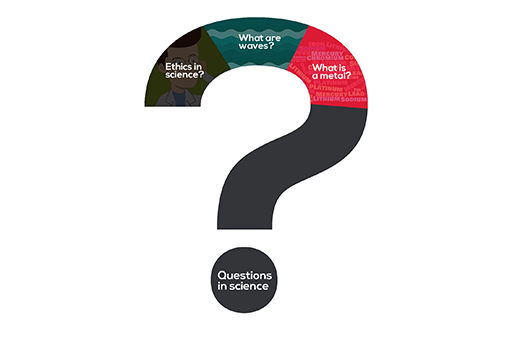Conclusion
Hopefully you now have a taste for how complex the moral and ethical issues surrounding scientific experimentation can be.
The ethics of what is ‘good’ and what is ‘bad’ science are challenging to consider and are never simple to disentangle. They are also highly contextualised by the society of the time – there are things which are viewed as unacceptable now either because of changing societal views or because, with the benefit of hindsight, we have a clearer understanding of their future impact.
The key concepts and principles you have studied in this part are:
- how clinical trials are used today in medicine
- Clinical trials use a control group and a treatment group.
- the importance of acting ethically in scientific research
- The UK Research and Integrity Office advises on good practice on scientific research.
- why it is important to continue to ask moral questions about scientific research.
The content of these courses comes from the Open University course S111 Questions in science [Tip: hold Ctrl and click a link to open it in a new tab. (Hide tip)] . Take a look at the other OpenLearn courses that are part of this set here.

